Cognitive Behavioral Therapy Certificate Course: Intensive Training by John Ludgate
$499.99 $149.00
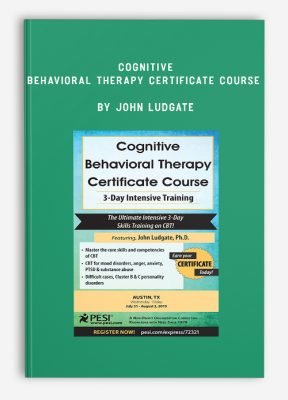
Cognitive Behavioral Therapy Certificate Course: Intensive Training by John Ludgate
**More information:
Get Cognitive Behavioral Therapy Certificate Course: Intensive Training at Salaedu.com
Description
Join in for this breakthrough Cognitive Behavioral Therapy (CBT) Certificate Course to develop core competencies and transform your skills to achieve better therapeutic outcomes, even with your most challenging clients!
You will be able to utilize concrete strategies that will provide greater healing for your clients who suffer from:
- Mood disorders
- Anger
- Anxiety disorders
- PTSD
- Substance abuse
- Personality disorders
- Suicidality
- And many more challenging clients!
You’ll get effective clinical techniques from Dr. John Ludgate, a Founding Fellow of the Academy of Cognitive Therapy, and trained at the Center for Cognitive Therapy in Philadelphia under Cognitive Therapy’s founder Dr. Aaron Beck.
Through case studies, interactive discussions, role-plays, and reproducible handouts, you will take away practical CBT strategies to use immediately with any client. Leave this certificate course armed with tools you can use in your very next session.
Master the Core Skills and Competencies of CBT
Foundations in CBT
- Evolution of Cognitive Behavioral Therapies
- Neurobiological Findings
- Outcome Studies
Treatment Concepts
- Socialization to Treatment Model
- Levels of Cognition
- Eliciting & Labeling Distortions
- Identify & Evaluate Automatic Thoughts
Offshoot Models
- Third Wave Approaches
- DBT
- Acceptance & Commitment Therapy
- Schema Therapy
The Therapeutic Relationship
- Establish Rapport
- Ruptures in the Therapeutic Alliance
- Predictive of Outcome
Cognitive Conceptualization
- Case Formulation
- Collaborative Empiricism
- Symptom Driven Treatment Planning
Key Components of CBT Practice
- Structure
- Feedback
- Guided Discovery
- Collaborative Empiricism
- Homework
Application to Clinical Practice
- Case Studies/Role Plays
CBT for Mood Disorders, Anger, Anxiety, PTSD & Substance Abuse
CBT for Mood Disorders
- Cognitive Model of Depression
- Behavioral Activation
- Sleep Hygiene
- Activity Monitoring & Scheduling
- Modify Negative Cognitions
- Gratitude & Meaning
- Depressive Relapse
- Bipolar Disorder
CBT for Anger
- Cognitive Model of Anger
- Role of Values & “Moral Resistance”
- Symptom Management
CBT for Anxiety
- Generalized Anxiety
- Cognitive Model of Anxiety
- “Worry Cure”
- Phobias
- Hierarchy Work
- Desensitization
- Panic Disorder
- Cognitive Model of Panic
- Interoceptive Strategies
CBT for OCD
- Intrusive Thoughts
- Metacognitive Strategies
- Behavioral Experiments
CBT for PTSD
- Prolonged Exposure
- Cognitive Reprocessing
- Trauma Narratives
CBT for Substance Abuse
- Impulse Control Models
- Monitor Cravings & Resist Urges
- Relapse Prevention
Application to Clinical Practice
- Case Studies/Role Plays
Difficult Cases, Cluster B & C Personality Disorders
Overview of CBT for Challenging Cases
- Why are they challenging
- Adaptations in CBT
- Modified Expectations for the Therapist
Treatment Model
- Early Maladaptive Schemas
- Breaking Destructive Behavioral Cycles
- Belief Modification Protocol
CBT for Cluster B Personality Disorders
- Antisocial
- Psychopathy
- Behavior Management
- Narcissistic
- Subtypes of Narcissism
- Schema Mode Work
- Histrionic
- Schema Modification
- Constructive Alternatives for “Getting Noticed”
- Borderline
- DBT Based Strategies
- Emotion Regulation Skills
- Distress Tolerance Skills
- Interpersonal Effectiveness Skills
CBT for Cluster C Personality Disorders
- Modifying Avoidant Schemas and Strategies
- Changing Dependent Beliefs and Behaviors
- OCPD: Interventions and Strategies
Advanced Strategies for Cluster B Personality Disorders
- Modify Deep Seeded Beliefs
- Continuum Work
- Construct New Beliefs
- Internalization Exercises
- Build Resilience
- Cognitive Behavioral Chain Analysis
- Schema Mode Work
CBT for Suicidal Clients
- CBT Model of suicide
- Risk Assessment
- Strategies for Suicidal Ideation and Hopelessness
- Reasons for Living Inventories
Please Note: PESI is not affiliated or associated with Marsha M. Linehan, PhD, ABPP, or her organizations.
More information about Medical:
Medicine is the science and practice of establishing the diagnosis, prognosis, treatment, and prevention of disease.
Medicine encompasses a variety of health care practices evolved to maintain and restore health by the prevention and treatment of illness.
Contemporary medicine applies biomedical sciences, biomedical research, genetics, and medical technology to diagnose, treat, and prevent injury and disease,
typically through pharmaceuticals or surgery, but also through therapies as diverse as psychotherapy, external splints and traction, medical devices, biologics, and ionizing radiation, amongst others.
Medicine has been around for thousands of years, during most of which it was an art (an area of skill and knowledge) frequently having connections to the religious and
philosophical beliefs of local culture. For example, a medicine man would apply herbs and say prayers for healing, or an ancient philosopher and physician would apply bloodletting according to the theories of humorism.
In recent centuries, since the advent of modern science, most medicine has become a combination of art and science (both basic and applied, under the umbrella of medical science).
While stitching technique for sutures is an art learned through practice, the knowledge of what happens at the cellular and molecular level in the tissues being stitched arises through science.
1 review for Cognitive Behavioral Therapy Certificate Course: Intensive Training by John Ludgate
Add a review Cancel reply
Related products
HEALTH - FITNESS - LIFESTYLE - MEDICAL
HEALTH - FITNESS - LIFESTYLE - MEDICAL
HEALTH - FITNESS - LIFESTYLE - MEDICAL
HEALTH - FITNESS - LIFESTYLE - MEDICAL
HEALTH - FITNESS - LIFESTYLE - MEDICAL
Somatic Interventions for Treating Complex Trauma with Janina Fisher, Ph.D. from Janina Fisher
HEALTH - FITNESS - LIFESTYLE - MEDICAL
HEALTH - FITNESS - LIFESTYLE - MEDICAL
HEALTH - FITNESS - LIFESTYLE - MEDICAL

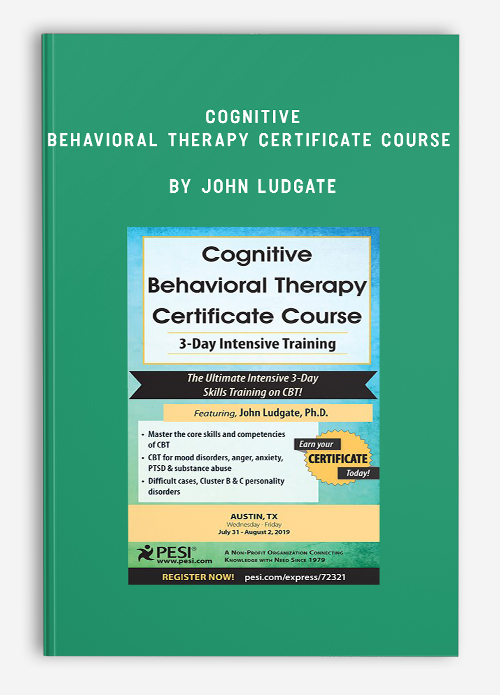

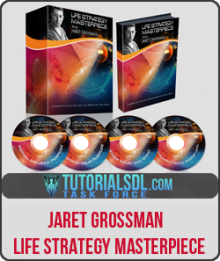
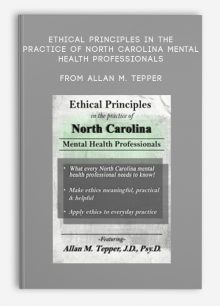
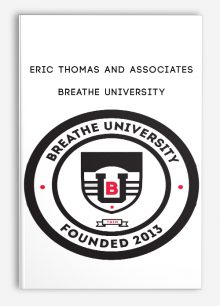
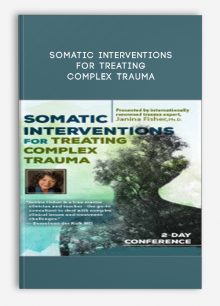
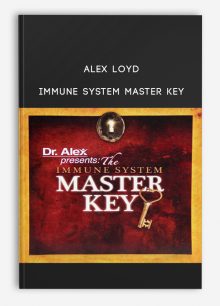


Trevis Trevis –
We create this shop with the mission: Bring the courses to 500 millions of people in the world, to help them awake their power and change their